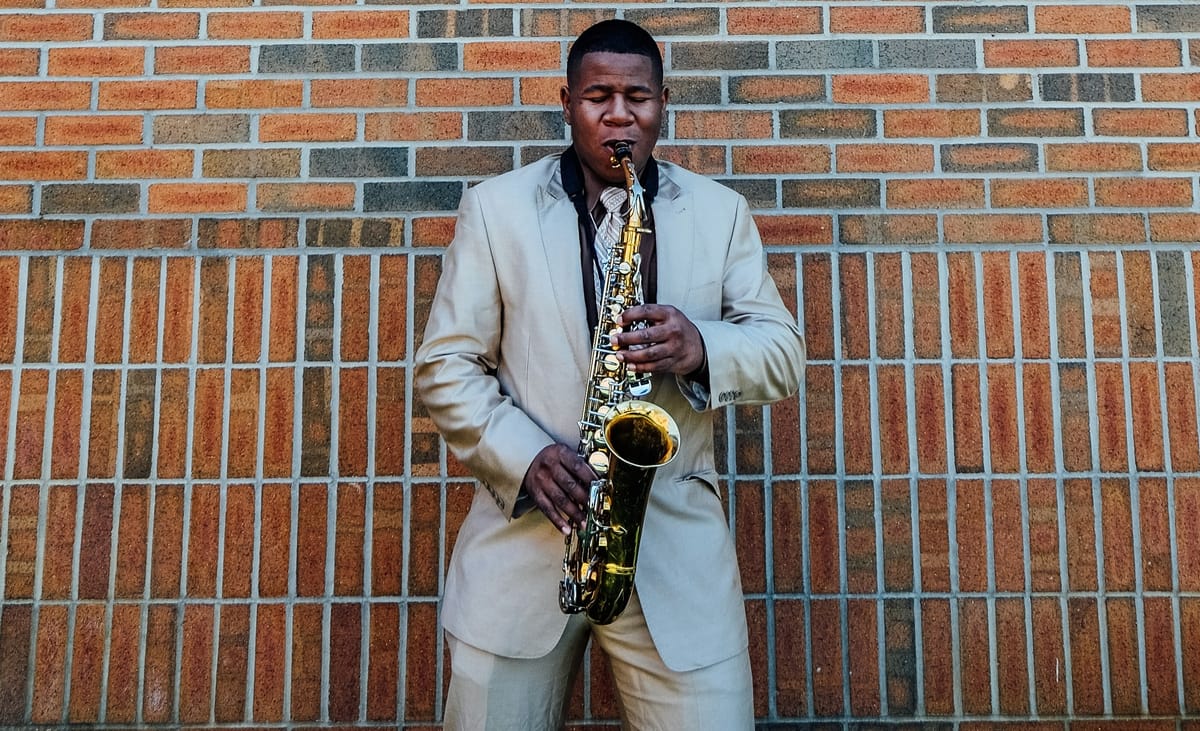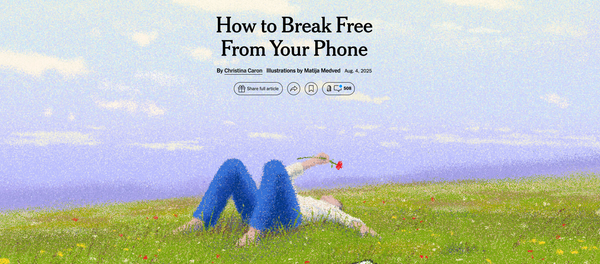Teaching Virtues: Improvisation
Playing with predecessors, collaborators and ideas

When I read Elizabeth Drescher's Tweet if You ❤️ Jesus in probably 2012, one particular passage hit me like a bolt out of the blue.
Drescher's dissertation is about medieval spiritual practice, and I was nodding along as she traced the cultural habitus of the European Middle Ages into the Modern Era and then eventually to what Julie Lytle calls the Interactive Era.
Part of Drescher's point is that religious customs and expression can't fully exist outside of a wider cultural milieu. And thus she notes that whereas medieval European Christians prized obedience (indeed, the structure of society depended on it), and modern Western Christians followed intellectual currents that embraced exploration and invention, today's Christians in places like the United States exist and participate in a world likely to value improvisation especially highly.
(We're painting with a broad cultural brush here, of course. Among other things, this isn't to say that today's Christians don't carry many of the practices and outlooks of the previous eras, especially in denominations rooted very highly in traditions defined in medieval Europe.)
When I read Drescher's book, I was still pretty fresh off of being the teaching assistant in Tim Sedgwick's ethics course at Virginia Seminary, which by and large took a virtue ethics approach that is highly compatible with Drescher's practice-based take on culture and spirituality.
Sedgwick challenged his students to offer an account of our faith rooted in a desire to nurture and develop a small handful of traits or marks or values (aka virtues) of the Christian life. I remember a major paper from the class that asked students to develop this account with respect to two chosen virtues. I chose sustainability and hope when I took the class, and I'd stand by them.
But reading Drescher, I realized I was first and foremost a product of my time and of so many of my formative experiences. Maybe the highest virtue in my life and perspective, for better and for worse, is improvisation.
I was a pretty serious jazz musician in high school, so the ability to improvise was always the highest goal of my development as a musician. Prior to that I had participated in the Odyssey of the Mind creative problem solving competition for four years, and half of a team's success in that program was in solving a "spontaneous" challenge in an original way, right on the spot and in front of judges.
Of course, being important to me isn't an argument for improvisation being a valuable trait in formation leaders. But I think it is.
First, improvisation is almost always an element of authentic play, so it's no surprise that it would end up in this play-forward take on Christian formation. Improvisation plays a big role in how a leader can respond to individual participants in a shared experience and help weave the group together more deeply and generously.
Perhaps most resonantly to anyone who has executed a lesson plan, overseen a day of camp, or been responsible for significant group travel or service in public, improvisation is simply a necessity when the unexpected inevitably happens. Whether we want to improvise or not, we will frequently need to. Better to have deeply embodied some of the necessary moves.
Finally, more broadly than the kind of in-the-moment improvisation that can light up a musical performance or a sequence in an athletic competition, I also think there's a broader sort of grounded flexibility required of anyone leader formation in a time of rapid change in the world and in faith communities. I don't know when we cross the time-threshold where improvisation becomes invention (and obviously the distinction is about more than time horizon), but I think having an improvisational ethic is mostly a benefit when trying to lead what Duke Divinity Leadership calls Traditioned Innovation.
What does it actually mean to improvise? Later in the week I'll tease out a couple aspects that seem especially important to me.



